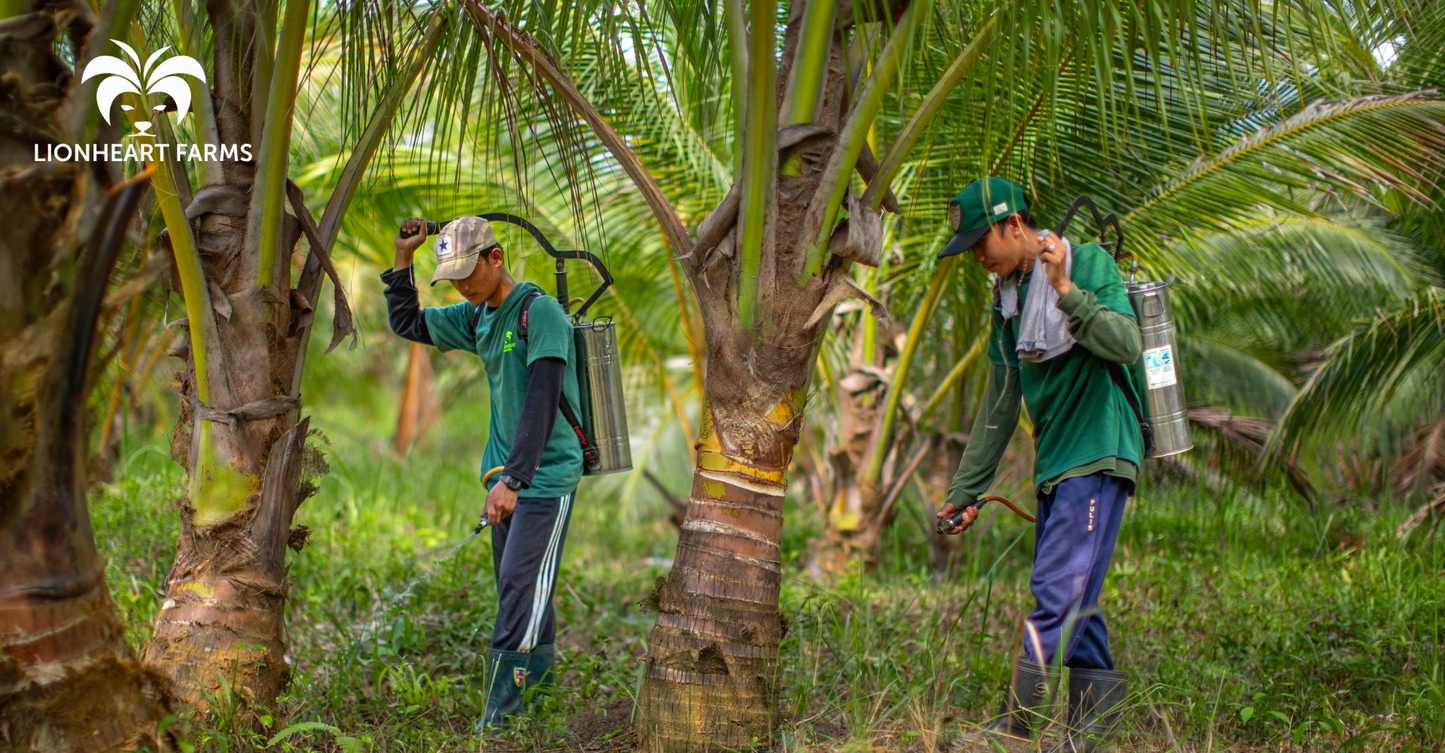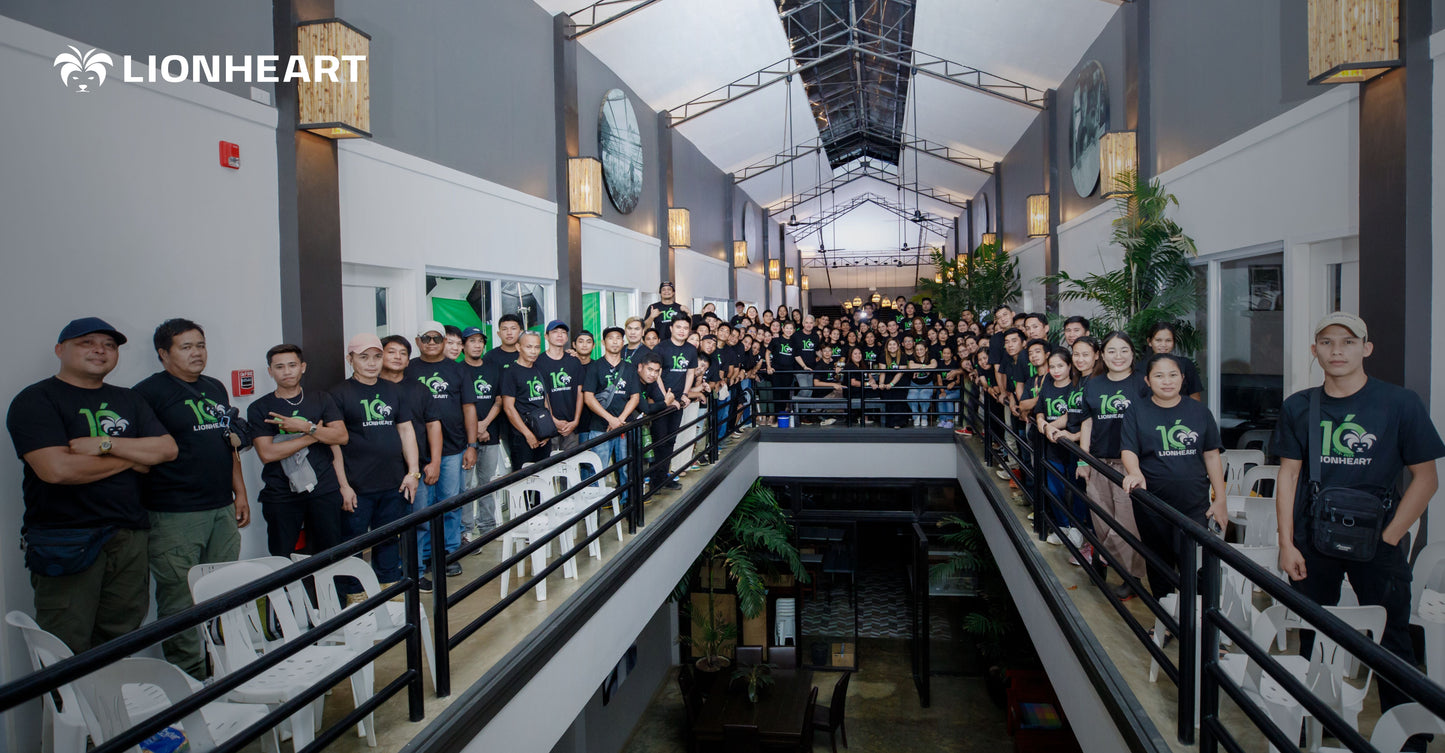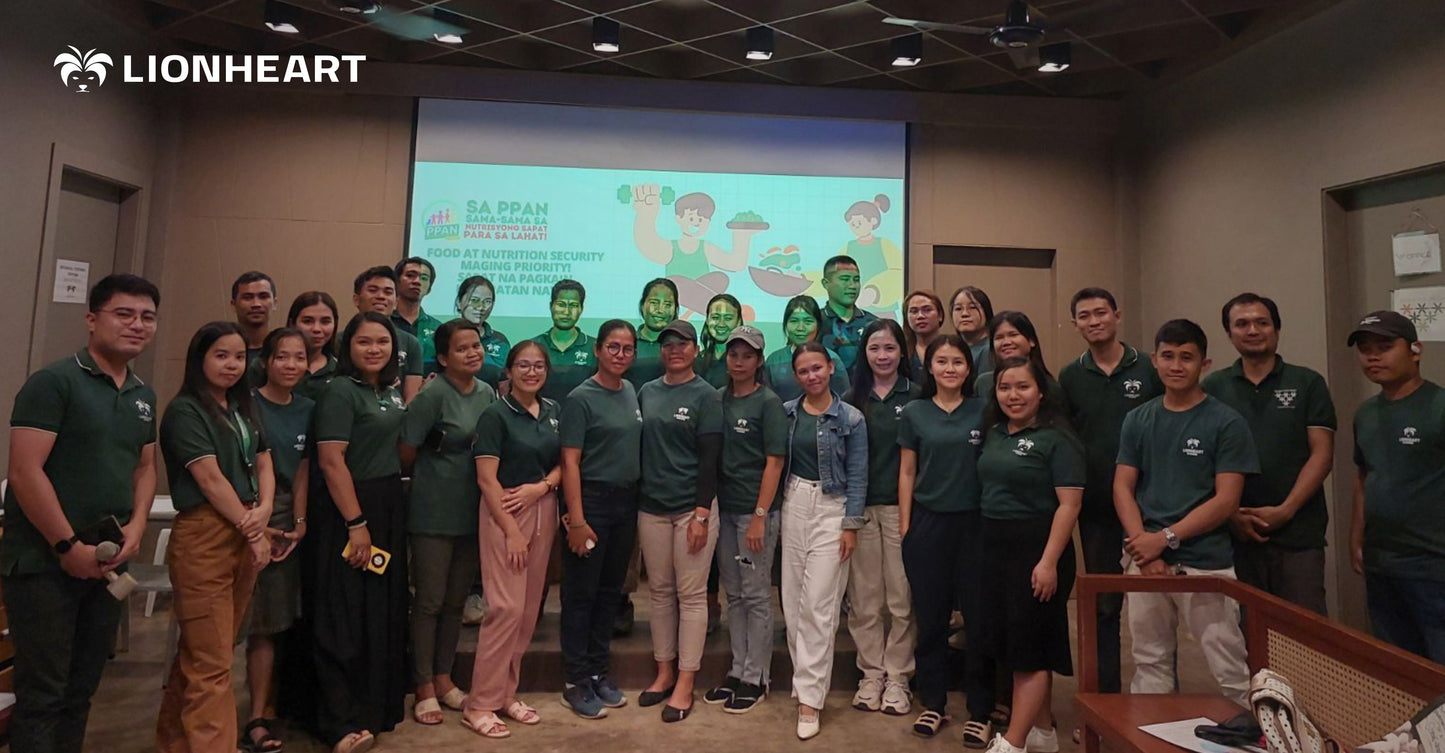
Imagine a world where every meal feels like a gamble. Will there be enough food on the shelves? Will it be affordable? These aren't dystopian nightmares, but potential realities in a world grappling with a double threat: a booming population and a rapidly changing climate. Our current food system, built on the assumption of predictable weather and plentiful resources, seems increasingly fragile. However, there's a potential path forward. Sustainable farming practices offer a glimmer of hope, with the potential to build resilience in the face of a rapidly changing climate.
We will delve into the potential of sustainable farming practices, examining how they can adapt and become the key to a food-secure future for generations to come. Let us explore this critical crossroads together and see if sustainable farming can truly weather the storm.
The Challenge of the Growing Population
Since the middle of the 20th century, humanity has experienced a population boom. In 1950, the world held roughly 2.5 billion people. By 2020, that number had ballooned to an estimated 7.8 billion. The United Nations Department of Economic and Social Affairs paints a sobering picture for the future, projecting a population of 8.5 billion by 2030 and a staggering 9.7 billion by 2050. From there, it is projected to continue rising to around 10.9 billion in 2100.
This relentless growth translates to a critical challenge: feeding an ever-expanding population. Estimates suggest we need a 70% increase in global food output by 2050 just to keep pace.
How Climate Change Disrupts Agricultural Productivity
Climate change isn't a one-trick pony; it attacks agriculture from multiple angles, disrupting the delicate balance that allows crops to flourish. Here's a closer look at some key areas of concern:
Temperature Troubles: Rising temperatures can be a double-edged sword. While some crops might experience a longer growing season in warmer regions, overall yields are expected to decline. Heat stress can stunt plant growth, disrupt pollination rates, and even lead to complete crop failure. Certain regions may become entirely unsuitable for currently cultivated crops, forcing us to adapt and potentially relocate agricultural centers.
Water Woes: Climate change disrupts rainfall patterns, leading to more frequent and severe droughts in some areas, and intense downpours and flooding in others. Both extremes have devastating consequences for crops.
Reduced precipitation and higher temperatures lead to soil moisture depletion, hindering plant growth and potentially leading to widespread crop failure.
Excessive rainfall on the other hand can cause waterlogging, suffocating plant roots and preventing oxygen intake. Floods also contribute to soil erosion, washing away vital nutrients and reducing soil fertility.
Pest and Disease Party: Warmer temperatures create a haven for pests and diseases. These unwelcome guests multiply faster and spread more easily, leading to significant crop losses. The United Nations Food and Agriculture Organization (FAO) estimates that a staggering 20% to 40% of all crops are lost to pests each year. This translates to a hefty economic burden, with plant diseases costing the global economy an estimated $220 billion annually and invasive insects adding another $70 billion. Weeds further complicate matters, acting as another major biological obstacle to maximizing global food production.
Unsustainable Practices that Threaten Farmlands

Climate change isn't the only culprit. Unsustainable farming practices like monoculture farming and excessive use of fertilizers and pesticides contribute to soil degradation and erosion. This depletes vital nutrients and reduces the soil's ability to retain water, further impacting agricultural productivity.
Sustainable Agriculture Practices: A Pathway to Resilience
Sustainable agriculture offers a promising avenue to tackle the pressing issues of food security and climate change. By implementing sustainable farming practices, we can fulfill the current food requirements without jeopardizing the capacity of future generations to meet their own. Here are some ways sustainable agriculture can bolster resilience:
- Carbon Sequestration: Practices such as cover cropping and no-till farming help sequester carbon in the soil, mitigating climate change and enhancing soil health.
- Resilience Against Extreme Events: Sustainable practices like crop diversification and integrated pest management can foster more resilient ecosystems that are better prepared to withstand droughts, floods, and pest outbreaks.
- Water Conservation: Techniques such as drip irrigation, mulching, and rainwater harvesting can significantly decrease water usage, making agriculture more sustainable in regions grappling with water scarcity.
A Model of Sustainable Agriculture in the Philippines
Lionheart Farms is a Palawan, Philippines-based company that produces high-quality, organic products (i.e., beverages, condiments, sweeteners) made from coconut flower sap. Committed to sustainability and fair trade practices, the company empowers local communities and provides consumers with healthy, delicious alternatives.
Since its establishment in 2015, Lionheart Farms has become a frontrunner in combating land degradation and climate change through regenerative organic farming, agroforestry and reforestation, and climate-resilient agriculture.
Global Impact Through Sustainable Practices
At this year's McKinney Flavel Spring Market Seminar held at Oakbrook Center, Oak Brook, Illinois, on April 17th, Christian Eyde Moeller, President, and Co-Founder of Lionheart Farms, was one of the speakers. During his talk, Christian focused on the importance of sustainability and how implementing sustainable agriculture practices can help create a more resilient food system in light of the emerging global food security threat caused by population growth and climate change.
Christian explained the distinctive approach taken by Lionheart Farms towards coconut farming, emphasizing their steadfast commitment to sustainability. He elaborated on how their sustainable and regenerative farming practices are not only good for the land but also empower local communities. Lionheart Farms' unwavering dedication to environmental stewardship, social responsibility, and economic empowerment sets a high bar for the agricultural industry, making them an excellent model for other farms and businesses to emulate.
A More Secure Future for Generations
The future of food security hinges on our ability to adapt. Sustainable agriculture offers a roadmap forward, fostering a world where food production and environmental health are not mutually exclusive. Through continued innovation, collaboration, and a commitment to long-term environmental health, we can cultivate a more secure future for generations to come. Join Lionheart in our mission to make this vision a reality. Let's keep the conversation going – the future of our food depends on it.




